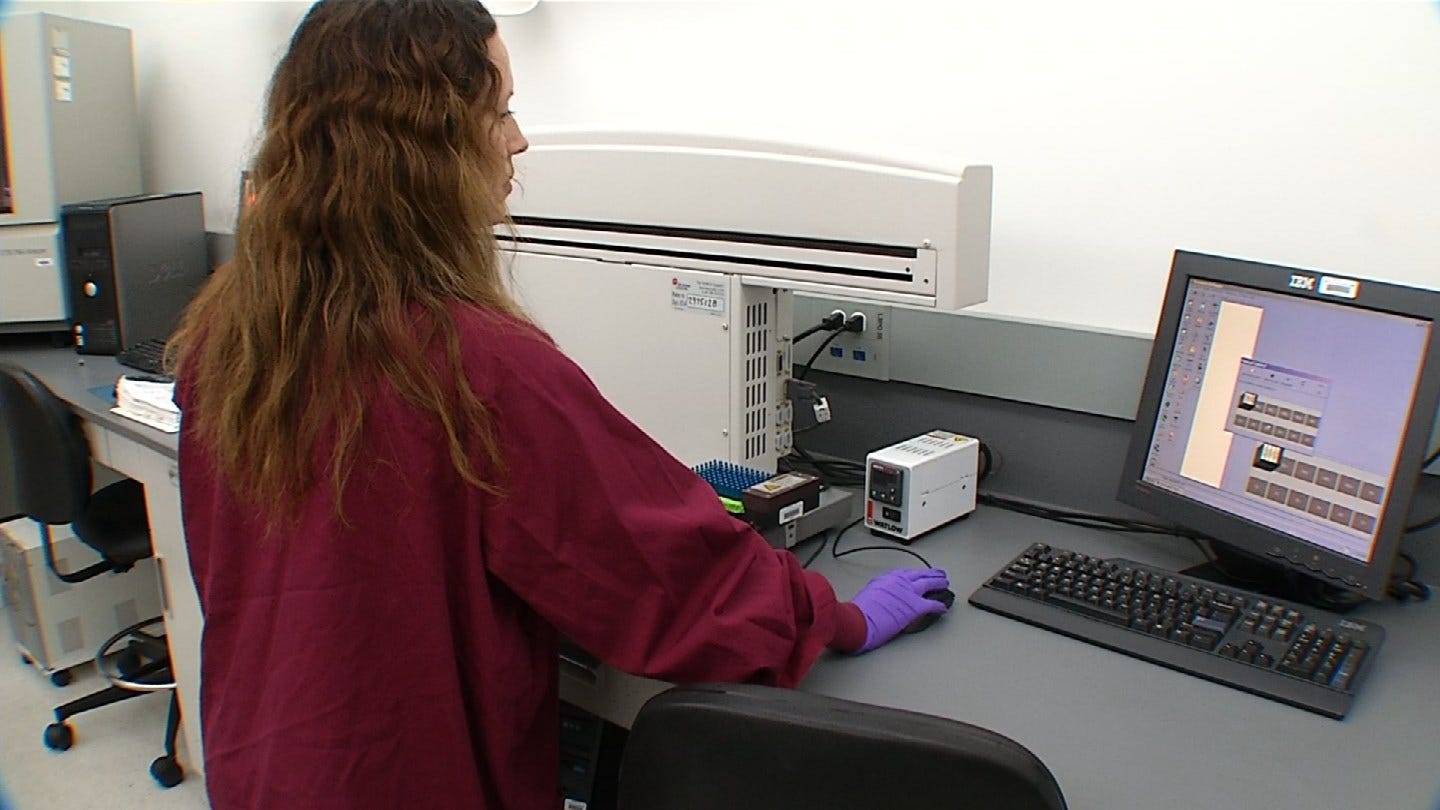DNA At Arrest Law Unenforced Due To Lack Of Funding
<p>A mother fighting for justice for her daughter says she's frustrated that a law requiring DNA to be taken at the time violent offenders are arrested is not being enforced, even though it’s been in effect for years.</p>Wednesday, September 26th 2018, 10:03 pm
A mother is still fighting for justice 14 years after her daughter was raped and murdered.
“Finding him, even if we can convict him, it’s not going to bring her back,” said Maggie Zingman. “All I can do is, in her name, try to save other people.”
She’s frustrated that a law requiring DNA to be taken at the time violent offenders are arrested is not being enforced, even though it’s been in effect for two years.
That law went into effect November 1st of 2016, but there hasn’t been any funding for it. Advocates say that is costing innocent lives.
“It breaks my heart,” said Zingman. “Not because it’s going to change our story, but there’s so many other families who could be prevented from going through this never ending loss that I am.”
Saturday marks 14 years since her 18-year-old daughter was murdered in her apartment near Union High School.
1/11/2018 Related Story: Tulsa Police Release Composite Sketch Of Suspect In 2004 Homicide
Police have two DNA samples of Brittany Phillip’s killer, but the suspect is still out there.
“Each year that we don’t do it, we’re letting more and more lives be taken because DNA at arrest stops the criminal early in their career,” declared Zingman.
She says she spent eight years fighting for the law that was finally passed in 2016.
“It looks like a grand idea and it looks wonderful, but it always comes back to funding,” said Tulsa Police Sergeant Jillian Phippen.
Like fingerprints and booking photos, law enforcement is supposed to take DNA samples when arresting a suspect. However, police say it’s not just a simple swab.
“It takes somebody to package that, to store that, to then get it to the laboratory, and then it takes an individual to test that in order to get it into the CODIS database,” explained Phippen.
That’s the national database that stores all the DNA profiles.
“We know that DNA is going to connect us to additional crimes,” said Phippen. “And we know that sexual offenders, they’re repeat offenders.”
Offenders who could potentially be stopped before hurting more victims.
“It breaks my heart that lawmakers don’t get it,” said Zingman.
It’s difficult to calculate how much money it would cost, but, so far, lawmakers haven’t approved any funding.
About 30 states have similar laws.
More Like This
September 26th, 2018
September 29th, 2024
September 17th, 2024
Top Headlines
December 14th, 2024
December 14th, 2024
December 14th, 2024
December 14th, 2024










